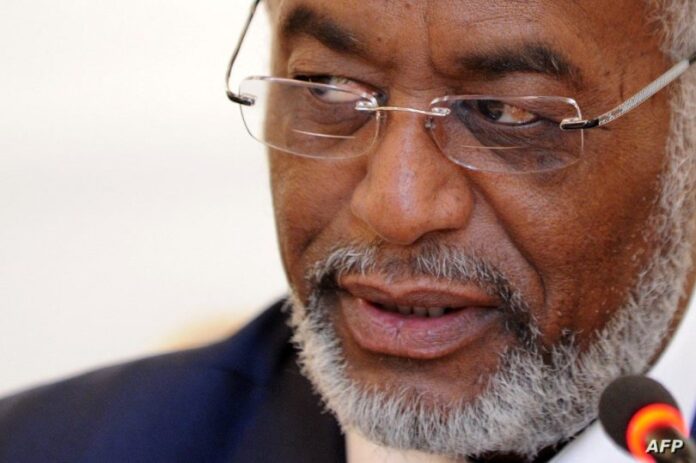KHARTOUM -Al-Yurae– Sudan’s army-backed government on Saturday rejected a truce proposal put forward a day earlier by the United States, Saudi Arabia, the United Arab Emirates and Egypt, saying its exclusion from any future political transition was unacceptable in the war-torn country.
The initiative announced by the four nations on Friday called for a three-month humanitarian ceasefire, followed by a permanent cessation of hostilities and a nine-month transition period leading to the formation of a civilian government. The Quartet emphasized that the process should be “inclusive and transparent” and conclude within the set timeframe to “meet the aspirations of the Sudanese people for an independent, civilian-led government that holds legitimacy and accountability.”
In a statement Saturday, Sudan’s Foreign Ministry dismissed the Quartet proposal outright, insisting that “the future of Sudan must be determined by the Sudanese themselves, far from any form of foreign guardianship.” It underlined that the government would not negotiate with the Rapid Support Forces (RSF), which it labeled “rebels,” but said it welcomed “any regional or international effort to help end the war” provided the process respected “the sovereignty of the Sudanese state and its legitimate institutions,” currently under army control.
The government also expressed regret at what it called the international community’s failure to compel the RSF to comply with U.N. Security Council resolutions, lift the siege on El-Fasher and allow the passage of humanitarian aid.
Since April 2023, Sudan has been at war between the army led by Abdel Fattah al-Burhan and the RSF commanded by Mohamed Hamdan Dagalo, known as Hemedti. Fighting has killed tens of thousands, displaced millions, and left the country facing a major humanitarian and food crisis as well as the worst cholera outbreak in years.
Meanwhile, Sudan’s Islamist movement, led by Ali Karti, issued an angry response to the Quartet, renewing its full support for the army and calling the proposals “toxic.” The group said its position is rooted in “a historic commitment” after what it described as the sacrifices of youth defending the unity and security of the country.
In a statement, Karti denounced what he called “unacceptable interference by the Quartet in Sudan’s affairs,” arguing that whenever the RSF loses ground in battle, “its backers rush to push for ceasefires under the guise of humanitarian concerns.” He accused unnamed foreign powers of prolonging the war by financing the RSF, providing logistical support, and recruiting foreign mercenaries, indirectly pointing to the United Arab Emirates, which the army accuses of backing the paramilitary group. Karti claimed such measures are designed to “hand Sudan over to traitors and agents.”
The Quartet, for its part, reiterated Friday that “the Sudanese people alone will decide the country’s political future, and it should not be dictated by the warring parties.” Currently, the army holds much of the north, east, and central Sudan, while the RSF controls most of Darfur in the west and parts of the south, where it recently announced a parallel government, raising fears of the country’s potential partition.
Both sides have repeatedly vowed to continue fighting until achieving outright military victory.
Also on Friday, the United States imposed sanctions on Sudanese Finance Minister Gibril Ibrahim, head of the Justice and Equality Movement allied with the army, as well as on the Al-Baraa bin Malik Brigade, an Islamist militia fighting alongside government forces. In response, the Justice and Equality Movement said the “unilateral sanctions are worthless and represent an unfair measure lacking any legal or objective basis.”


